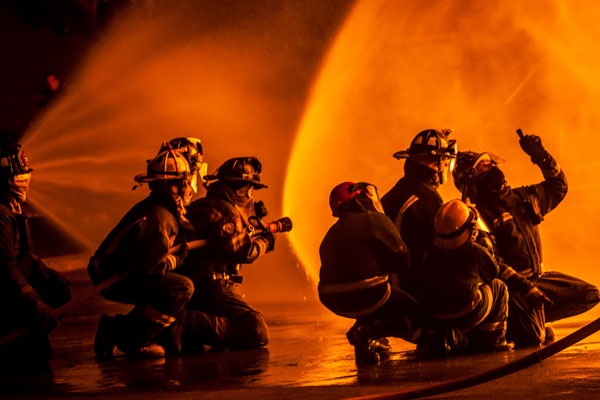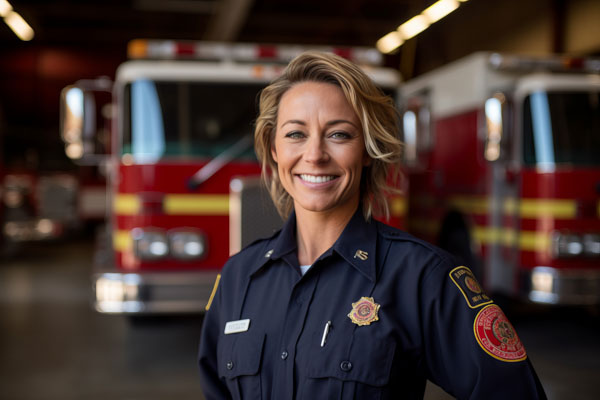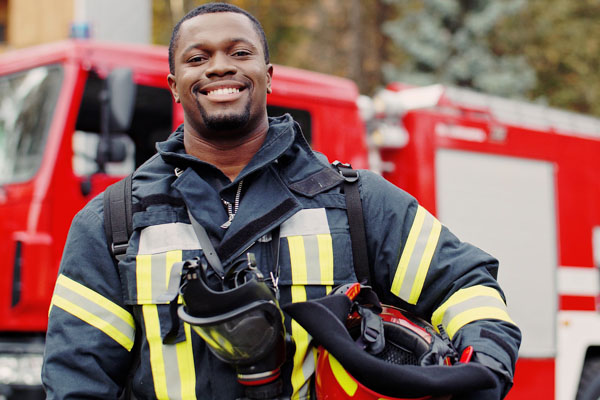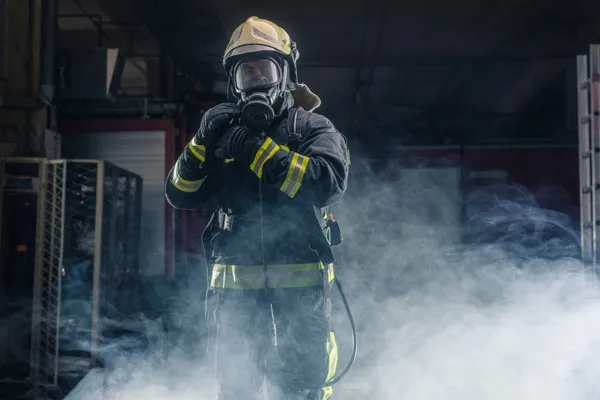
Sleep Disorders and the Modesto Fire Department
Sleeping properly and firefighting are not in sync with each other. Recent studies have shown how important a good night’s sleep is to a firefighter’s overall health. The problem with that last sentence is that there are many times that firefighters may not have proper sleep patterns and having them may be next to impossible because of shifts and calls.
These interrupted sleep patterns can lead to the following dangerous and sometimes deadly conditions and diseases:
- Impaired judgment
- Always feeling tired
- Uncontrollable anger
- Depression
- Anxiety
- Hypertension/High blood pressure
- Cardiovascular disease
- Diabetes
- Early-onset dementia

The added general stress of the job makes it highly likely, and clinical studies show that firefighters suffer from sleep disorders at a far greater percentage than the general population.
Schedule a FREE Consultation Today
Signs of Sleep Disorders in Firefighters

- Do you snore when napping or sleeping?
- Are you sleepy and irritable during your awake time?
- Have you been told that you stop breathing for short periods of time while you are asleep?
You may have heard about OSA as nearly 52 million people in the US suffer from it. The reason you stop breathing is that your upper airway closes off during your sleep. If you suffer from sleep apnea, you are at a much greater risk for accidents, incurring sick days, and significant health issues that progressively get worse.
Diagnosing and Common Treatment for Sleep Apnea
The best way for your doctor to determine if have sleep apnea is to prescribe a Home Sleep Test. This test measures how many times sleep events you have overnight such as the number of times you stop breathing while you are sleeping. This test will give your doctor the information needed to prescribe the best treatment for this deadly disorder.

Most doctors will prescribe a CPAP machine. These effective devices have been around for years, and they force air into your lungs while you are sleeping. They will help you breathe while you sleep but you will have to sleep with one for the rest of your life. They are not comfortable, don’t travel well, need to be cleaned constantly and because of the inconvenience of the device may cause you to stop using it.
Treat the Cause, Not Mask the Symptoms
If you think that you may be suffering from a sleep disorder, now is the best time to take action. Dr. Toshi Hart has been helping Modesto County Firefighters get diagnosed and treated for sleep disorders with remarkable results. Dr. Hart has been at the forefront of medical advances that treat the cause of Sleep Apnea, not just mask the symptoms as a CPAP machine does. Dr. Hart’s treatment is the use of dental appliances that are used when you are sleeping that naturally increase the size of your airways and are a permanent solution, not something that you will have to live with for the rest of your life. Best of all, this treatment may be covered 100% by your health insurance. Don’t wait another minute of being tired. Call today and start sleeping better.
